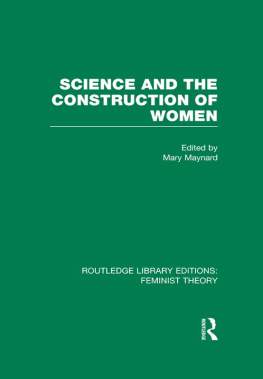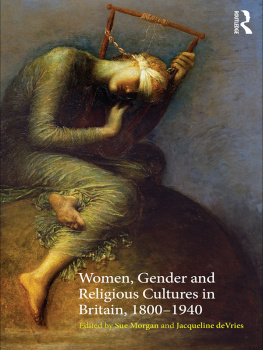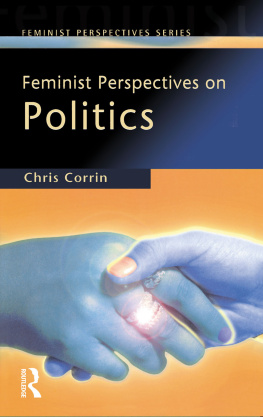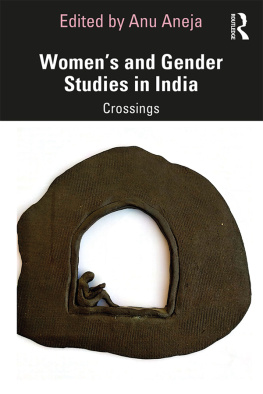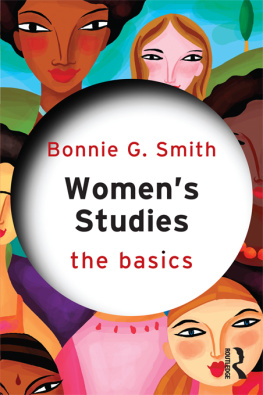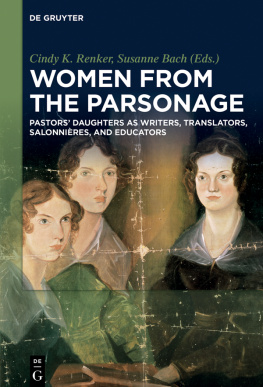New Frontiers in Womens Studies
Feminist Perspectives on The Past and Present Advisory Editorial Board
Lisa Adkins, University of Kent, UK
Harriet Bradley, University of Bristol, UK
Avtar Brah, University of London, UK
Barbara Caine, University of Sydney, Australia
Mary Evans, University of Kent at Canterbury, UK
Gabriele Griffin, Leeds Metropolitan University, UK
Jalna Hanmer, University of Bradford, UK
Maggie Humm, University of East London, UK
Sue Lees, University of North London, UK
Diana Leonard, University of London, UK
Terry Lovell, University of Warwick, UK
Mary Maynard, University of York, UK
Maureen McNeil, University of Birmingham, UK
Ann Phoenix, University of London, UK
Caroline Ramazanoglu, University of London, UK
Sue Scott, University of Stirling, UK
Penny Summerfield, University of Lancaster, UK
Martha Vicinus, University of Michigan, USA
Christine Zmroczek, Roehampton Institute of Higher Education, UK
New Frontiers in
Womens Studies
Knowledge, Identity and
Nationalism
Edited by
Mary Maynard and June Purvis
UK Taylor & Francis Ltd, 1 Gunpowder Sq., London EC4A 3DE
USA Taylor & Francis Inc., 1900 Frost Road, Suite 101, Bristol, PA 19007
This edition published in the Taylor & Francis e-Library, 2005.
To purchase your own copy of this or any of Taylor & Francis or Routledges collection of thousands of eBooks please go to www.eBookstore.tandf.co.uk.
Selection and editorial material copyright Mary Maynard and June Purvis, 1996
All rights reserved. No part of this publication may be repro duced, stored in a retrieval system, or transmitted, in any form or by any means, electronic, mechanical, photocopying, recording, or otherwise, without permission in writing from the Publisher.
A Catalogue Record for this book is available from the British Library
ISBN 0-203-98743-8 Master e-book ISBN
ISBN 0 7484 0287 X (Print Edition)
ISBN 0 7484 0288 8 (pbk)
Library of Congress Cataloging-in-Publication Data are avail able on request
Contents
Mary Maynard and June Purvis
| Mary Maynard |
Joanna de Groot |
Bunie M.Matlanyane Sexwale |
Delia Davin |
June Purvis |
Jitka |
Svetlana Kupryashkina |
Jasbir K.Puar |
Magdalene Ang-Lygate |
Breda Gray |
Jan Jindy Pettman |
Suruchi Thapar-Bjrkert |
Hanna Behrend |
Acknowledgements
We would like to acknowledge, with very grateful thanks, the editorial assistance provided by Heloise Brown, of the Centre for Womens Studies at the University of York, in the preparation of this book. Without her careful bibliographic, writing and word-processing skills it is unlikely to have been produced.
We are also grateful to David Trend, editor of Socialist Review, for permission to reprint Jasbir Puars article, Resituating Discourses of Whiteness and Asianness in Northern England: Second Generation Sikh Women and Constructions of Identity, which appeared in numbers 1 and 2, 1995.
Introduction
New Frontiers in Womens Studies
Mary Maynard and June Purvis
Most of the chapters in this book were originally presented as papers at the Womens Studies Network (UK) Association conference, which we organized at the University of Portsmouth in July 1994. One edited conference volume, (Hetero) sexual Politics, was published in 1995, its content reflecting the keen interest that currently exists in issues relating to sexuality (Maynard and Purvis, 1995). The focus of the book to which this is an introduction, however, is more closely related to the central conference theme, Womens Studies in an International Context. The title was chosen in an endeavour to broaden both the scope of the material covered, together with the backgrounds of those participating in what is the major annual and national Womens Studies conference in Britain. The intention behind this was to offer a challenge to the white, Western and ethnocentric bias which often characterizes Womens Studies work. The conference presented an opportunity for women from a wide range of ethnic and cultural groups to discuss their research and extend the boundaries of what is normally accepted on a Womens Studies agenda. The latter is what is being alluded to in the term new frontiers, which forms part of the title of this volume.
The new frontiers with which this book is concerned are of two kinds, which are reflected in its structure. The first, addressed in the section On the Move: New Agendas for Womens Studies, relates to what counts as knowledge in Womens Studies, how that knowledge is portrayed and the parameters within which scholars and researchers operate. It focuses, in particular, on how the boundaries of a hegemonic white and Western Womens Studies might be challenged and on the struggles faced by women who are attempting this in different parts of the world.
The second kind of new frontier which the book addresses is metaphorical and is designed to call attention to womens experiences of migration and nationalistic struggles, together with the consequences of these for their sense of self, worth and identity. For Women in Movement: Identity, Migration and Nationalism, as this section is called, any previous certainties about identity or self, in relation to specific others or belonging to particular communities, are likely to become fractured or blurred in the face of changing geographical, cultural and political locations. As several of our contributors point out, despite the frequence of womens movement in this sense of the term, it is an under-researched area in Womens Studies. Focusing on this issue, then, as an area of substantive and empirical significance for feminists, is also to contribute to an extension of Womens Studies knowledge and its frameworks. In this way, the two new frontiers to which we refer are linked together. The first, by pushing forward the limits of Womens Studies, is suggestive of new areas for research; the second, in putting additional issues on the Womens Studies agenda, contributes to its conceptual and theoretical development.
At this point, it is worth reflecting briefly on the changes that have taken place in Womens Studies since feminists introduced it into higher education in the West during the 1970s. The aim at that time was to challenge the ways in which women had been excluded, made invisible and barred from both the creation and the distribution of knowledge (Klein, 1991). Further, Womens Studies was not intended simply to produce just any knowledge about women, as Klein has noted. Instead, it was understood that what was needed wasknowledgethat gave us power to empower ourselves and that gave us strength, based on womens


